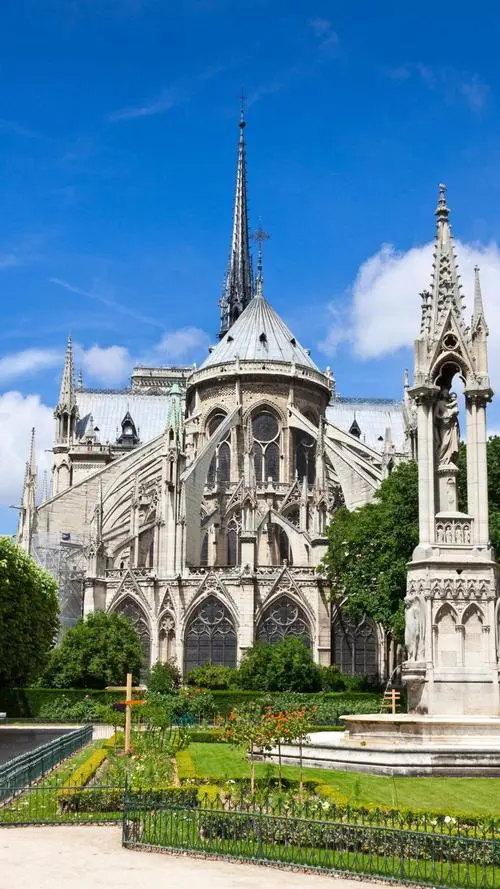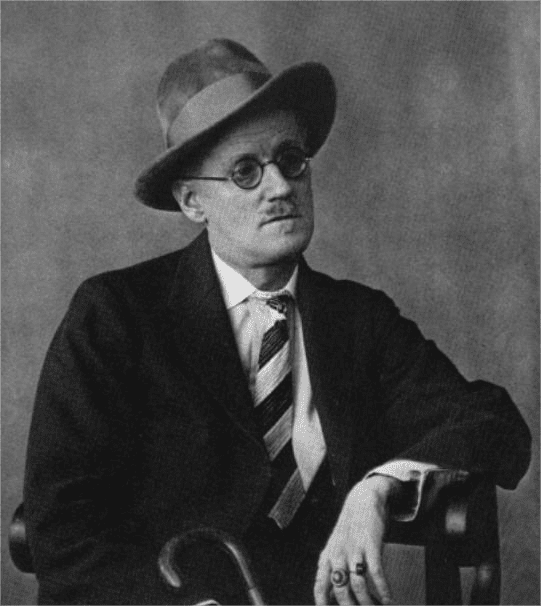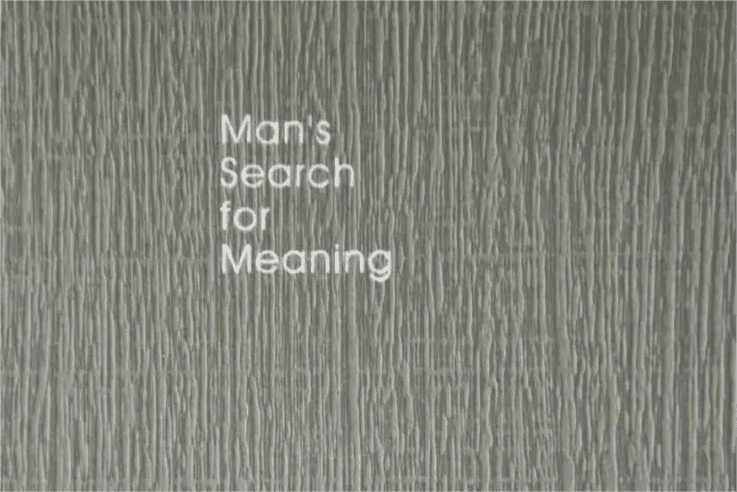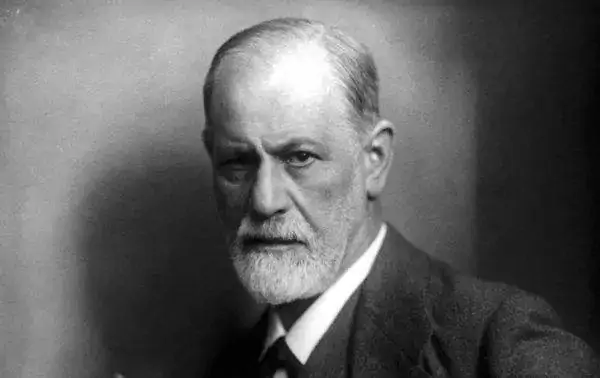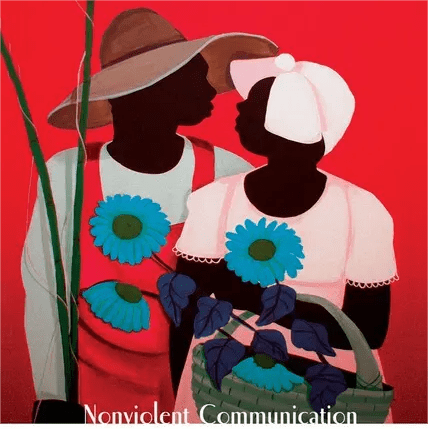Quasimodo, the hero, is an outcast, born deformed: one-eyed, hunchbacked, lame. Claude, archdeacon of Notre Dame, adopted Quasimodo and made him the bell ringer at Notre Dame when he came of age. His ears were deafened again by years of ringing the bell. Quasimodo was loyal to his duties, held the vicar in high esteem, and obeyed his orders. One festival night, the archdeacon instructed Gasimodo to rob the gypsy girl Esmeralda, was hit by the king’s guard, captain Phoebus saved the girl. The next day Quasimodo was condemned and flogged in the public square. Quasimodo, in agony, asks for water. The archdeacon saw this and slipped away, while the gypsy maiden boldly offered him water. The poor bell-ringer was ever grateful to her. Esmeralda was young, beautiful, and could sing and dance. Since the festival night by the guard captain Phoebus saved after he fell in love with him, agreed to meet. The Archdeacon learns of this, follows Phoebus, hides in the place where they meet, and while Phoebus and Esmeralda exchange their love, stares Phoebus with a dagger, and escapes himself. Stunned, Esmeralda was arrested, accused of witchcraft against the king’s guards, tortured into confessing, and sentenced to death by hanging. In prison, the archdeacon repeatedly told her that if she would only love him, she would not die. But the girl was firmly in love with Phoebus, and the archdeacon was enraged and declared the hanging.
The day before the execution, Esmeralda knelt in front of Notre Dame to perform the penitent. Suddenly, Quasimodo rushed out, picked up the girl and crossed the threshold of Notre Dame, Shouting, “Take refuge!” The guards, the jailers, and the crowd of onlookers were afraid to move, because the religious laws of the day meant that anyone in a church should be protected by God, even if he committed a capital crime, and could not be arrested. Quasimodo hid Esmeralda in a small room in the tallest tower, brought her his food and bedding, and stood by her door every night, loving her very much.
Soon the archdeacon found this hiding place and entered the room at night to rape the girl, but was found by the guard Quasimodo and failed. The waif learned that Esmeralda unjustifiably sentenced to death, are very angry, they each armed, surrounded Notre Dame Cathedral. But Quasimodo, who was deaf, mistaking them for enemies in pursuit of her, threw various building materials used to repair the house on top of the church, causing a large number of casualties among the vagrants. The archdeacon took the opportunity to deceive Esmeralda, and dragged her before the scaffold, where he gave her a choice: either to the scaffold, or to promise to love him. The maiden despised him and preferred death to surrender. The Archdeacon dragged her to the rat hole, told the sackwoman to catch her, and ran to call the guards. To my surprise, the sack girl turned out to be the girl’s mother. After she lost her little daughter, she ran around looking for her little embroidered shoe, and in desperation, she entered a living coffin — a “rat hole” according to religion, and became a nun. When Esmeralda saw the little shoe, she took out the same embroidered shoe that she had in her amulet, and the mother and daughter met. The nun breaks through the bars and hides her daughter in the rat hole. The mother and daughter enjoy the joy of being together. The warden and his guards, called by the archdeacon, surrounded the rat hole. So the mother and daughter were taken to the place of execution, the daughter to the gallows, the mother to die under the gallows.
Finally, Quasimodo saw through the evil soul of the archdeacon, pushed him to his death from the tower, found Esmeralda’s body, and died clinging to it.
Quasimodo was abandoned as a child, and even though he was cultured by Claude, he never felt any kinship. After all, Claude is a selfish man. In addition to his own interests, he has only one brother in his heart, which is the sustenance of his family. So when he saw Quasimodo, he thought of this poor “outcast” and of his brother John. He decided to adopt the deformed child as an investment to redeem himself for a good deed in his brother’s name if he ever did something wrong. It’s equivalent to adopting Quasimodo, just an act of virtue for his brother to save up for a rainy day. So, from this point of view, Claude does not regard Quasimodo as his relative or adopted son. Then Quasimodo is less likely to feel a family treatment, even if he brought up, it is out of his own self-interest. But the only people in Quasimodo’s life who didn’t look at him differently were Claude and Esmeralda. He was shunned by others, who called him “the living thing,” “the monster,” “the worthy King of Fools.” Although he knew in his heart, but he could not speak, could not tell his heart. He had no choice but to repay Claude for his kindness. So he obeyed Claude, who had adopted him, and repaid him with deep, passionate, and boundless gratitude. This feeling is blind because it does not know right from wrong. When Claude instructed him to kidnap Esmeralda the day after April Fool’s Day, he did it without hesitation. It was absolute obedience. But the moment it was revealed that he was being tortured alone, Claude was just in the corner, out of the way. In his subconscious, Claude was family. There was a bond between them. But the reality was far away from him. He was always outside the normal people, and he did not clearly recognize Claude’s use of him.
When Quasimodo was extremely thirsty on the execution site, Esmeralda sent him water, which soothed his thirsty heart and made him feel the warmth of the world. He knew beauty and goodness for the first time and shed the first tear of his life. From then on, the dormant love in his heart revived. So that he began to understand the good human nature, the soul began to shape a new world view and outlook on life. We can’t use normal thinking to explore his heart of love, after all, we can’t see into his heart. He also has his own self-abasement because his body and mind are not sound. He knew he was ugly, so he was careful to keep out of Esmeralda’s sight. One of the most touching words was: “I’m ugly, aren’t I? Don’t look at me, just listen to me.” Perhaps, at this moment his humanity (love in the heart) has gradually awakened, but they can not face, do not have the courage to express, can only deliberately avoid. Of course, in the face of such a beautiful, passionate, kind heart of the woman, anyone would be emotional.
Claude had given him life, had given him a kind of kinship that he had not had. Esmeralda, by contrast, had “returned the favor” by giving him a bowl of water when he was dying of thirst. By this comparison, whose kindness is greater? As the saying goes: “the grace of dripping water, when to Yongquan phase report”; What about “nurturing grace”? Not that this bowl of water can compare. When Quasimodo fell in love with Esmeralda, he began to rebel against his adoptive father. In Notre Dame de Paris, when Claude attempted to violate Esmeralda, he was prepared to sacrifice his own life in order to preserve Esmeralda and not violate his adoptive father. And when he thinks it is the adoptive father took Esmeralda, the heart is just secretly lost, in fact, it can be seen at the moment in his mind the family still has weight. But when at last he saw Esmeralda being hanged, he did not hesitate to push his adoptive father down from the bell tower. At the moment, love occupied all of him, but also over the strength of the family and the grace of upbringing. Claude killed Esmeralda because he could not get her, and Quasimodo killed his adoptive father because of Esmeralda’s death. Had he made this decision after realizing the hypocrisy of his adoptive father and the cruelty of those dark forces? I do not think his mind had reached that level, for Claude had taught him only to read and read. After all, if that were the case, then he would be perfectly capable of protecting the woman he loved, and Claude would not be able to do anything bad. In a word, love finally overcame the family. Maybe it was a momentary impulse, maybe it was premeditated in the heart, maybe it was a moment of disillusionment, Quasimodo finally chose love, for the sake of the woman he loved to bite the hand that feeds his adoptive father. Out of morality, this is to eliminate evil for the society, should be greatly pleased with the people. However, this kind of “good for evil”, ingratitude, we should not approve.
His love is destined to be wishful joy and unknown waiting, because there is no ending, for him, it is not love, it is a gratitude, similar to the gratitude to Claude. Esmeralda loved Phoebus, the handsome but deceitful playboy, to the death, but did not want to look at the ugly Quasimodo. Just as she chose “the glistening crystal vase with the crack that could not supply the water of life to the flowers and turned a blind eye to the coarse and ordinary clay pot that could make the flowers bright and fragrant”. Although later generations gave them an ideal ending, it was also out of people’s subjective pursuit of beauty. In fact, the real story is difficult to restore to real life.
Hugo is not just a simple “ugly”, he gave Quasimodo a kind of “beauty”, which is different from the usual beauty, let us start to learn “how to look at beauty”, understand “what is beauty”? “How should we look at beauty”? You can’t just look at the outside, and ignore the beauty inside.


